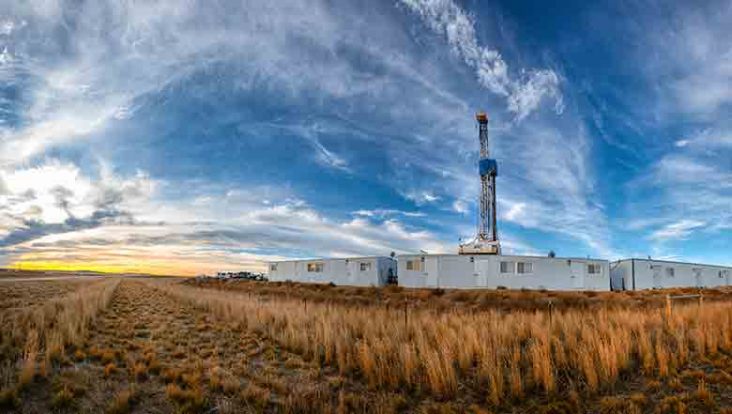Citizens’ Climate Lobby urges carbon fee and dividend initiative
by January 10, 2021 11:00 am 1,010 views

Patrick Kinnamon is the co-founder of MakerMade, a precision tool manufacturing company located in Northwest Arkansas. His company’s carbon footprint and his worldview led him to contemplate how he could get involved to more effectively address climate change.
Through research and networking, Kinnamon is one of thousands of members of Citizens’ Climate Lobby, an international, nonpartisan nonprofit organization dedicated to addressing environmental policies.
In recent years, CCL has been pushing for a “carbon fee and dividend” initiative that would incentivize companies to reduce greenhouse gas emissions by placing a fee on energy producers at the point of extraction and pass along that revenue to citizens through a “dividend” to offset higher energy costs. Though the effort could be utilized at the state level, it is more often debated as a federal issue.
“It is different and unique from cap-and-trade. Carbon fee and dividend is a market-based making mechanism that essentially places a fee on carbon – it’s predictable and steadily rising over time. It’s placed on that carbon at the source of extraction or point of entry,” Kinnamon said in a recent Talk Business & Politics interview. “That fee is then carried obviously through the market and ends with the end consumer in terms of increased energy expense, which creates an incentive for the market to more rapidly move towards renewable energy sources.”
“While that sounds like it could be problematic for those end consumers, the dividend then comes in and that takes that fee and turns it into a dividend and a monthly payment back to all U.S. citizens to offset those increased energy costs. So, you create that catalyst for moving towards renewable energy sources without the pain of actually paying those higher energy costs for those U.S. consumers,” he added.
Carbon fee and dividend has its skeptics. While some economists hail the program as a potential market-oriented solution, others suggest there will still be government involvement in the system, the initiative could create a false sense of solving a problem, and it will inevitably drive energy costs higher in the short-run.
Arkansas is a low-energy cost state and the threat of higher energy prices has its critics. Kinnamon says the price of energy would increase, but the dividend is meant to offset that higher cost.
“The price of energy, yes, would increase for those greenhouse gas-focused sources of energy, those carbon-intensive sources. Absolutely, there’s no question. That is actually the goal of the proposal, but again the difference here is that, that fee that is generated, that creates that higher price point, is then returned to those citizens in that form of a dividend check,” he said.
Kinnamon said there is bipartisan support for carbon fee and dividend in Congress. He’s unsure if the Biden administration will embrace it, but with climate change likely to gain new attention in a Democrat-controlled Congress and White House, its chances are improved.
Canada and Switzerland have recently adopted carbon fee and dividend policies, so the long-term success or failure isn’t really known. If the U.S. were to take the lead on this, Kinnamon asserts that other countries would follow.
“The great thing about carbon fee and dividend is that through economic modeling, we have proven that regardless of the climate impact this is a net benefit to the U.S. economy,” he said. “It makes the actions taken by, say, India or China essentially irrelevant from an economic standpoint. Ultimately of course, the U.S. needs to be the leader out there. When we take action substantively on an issue like this, the rest of the world will take action as well. They will look to us for that leadership.”
You can watch Kinnamon’s full interview in the video below.
